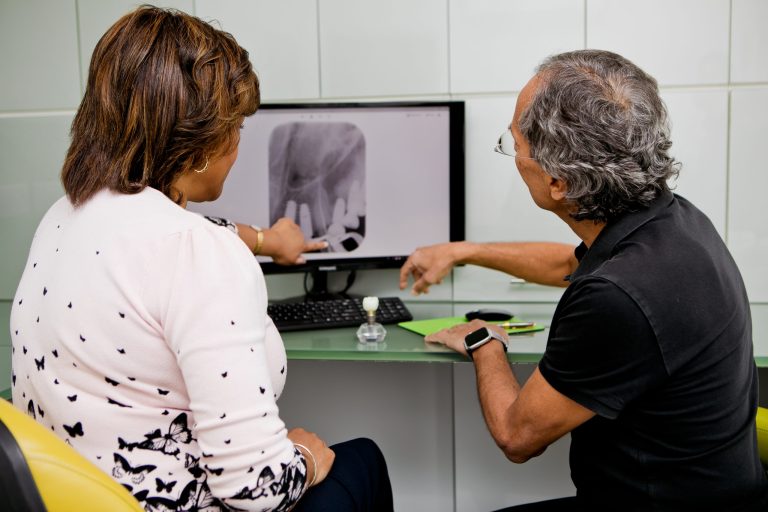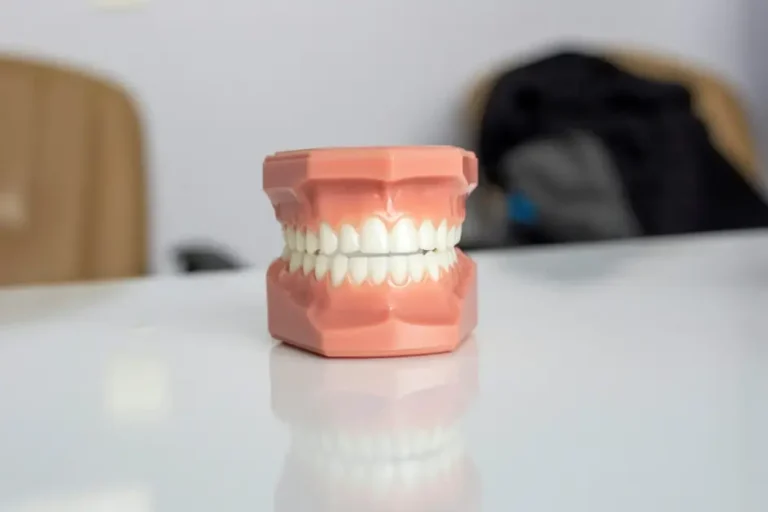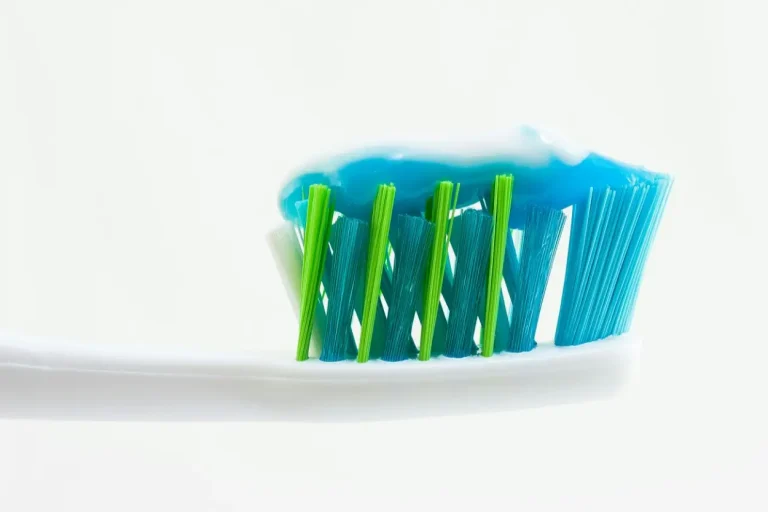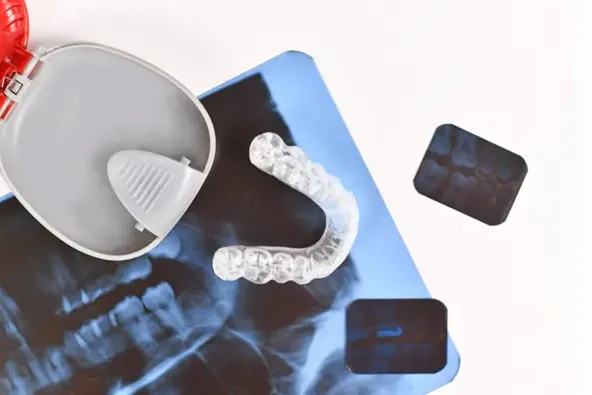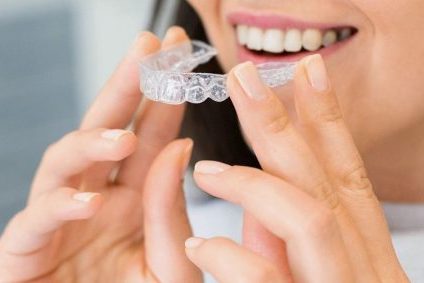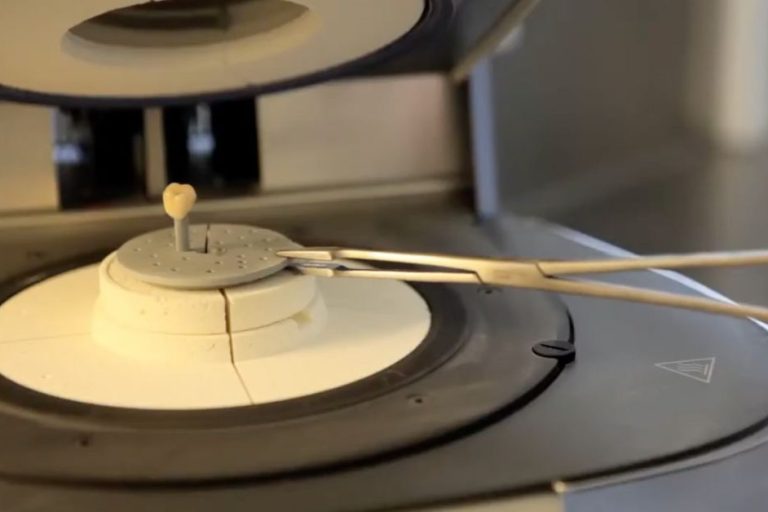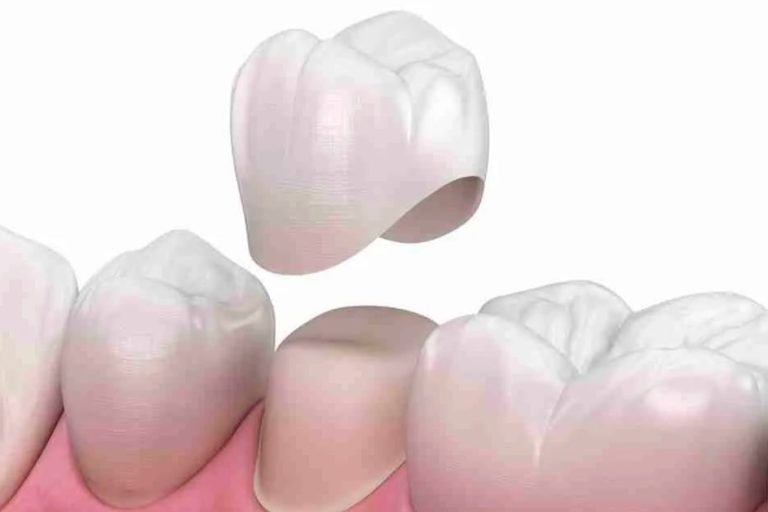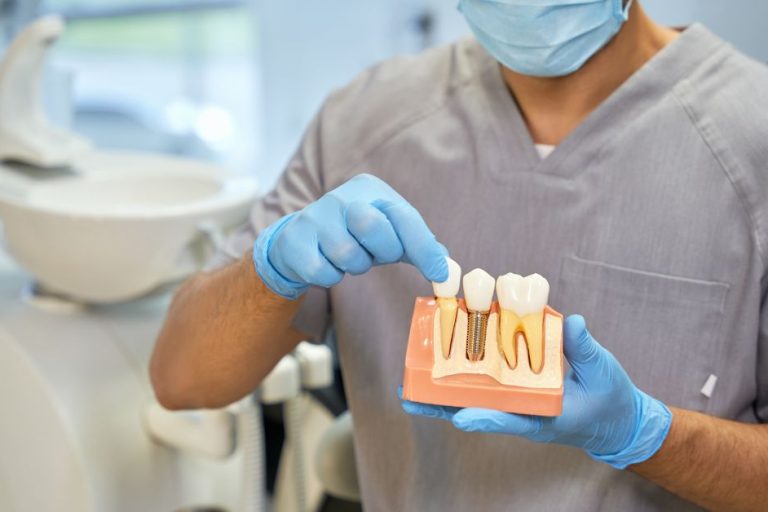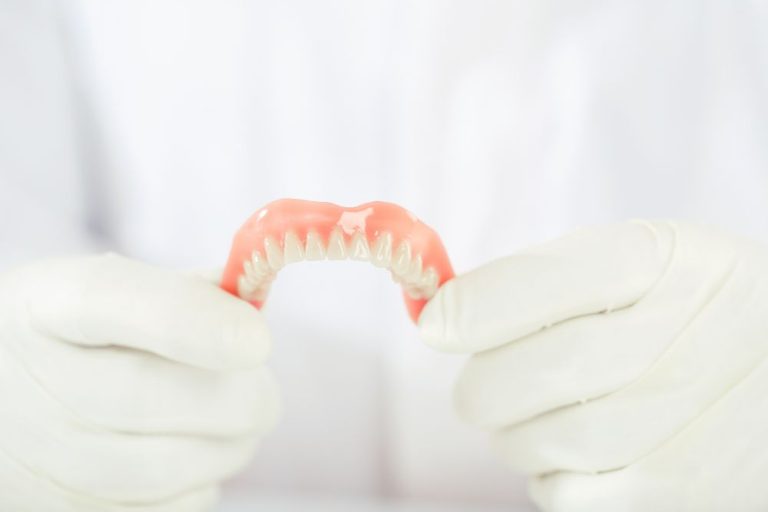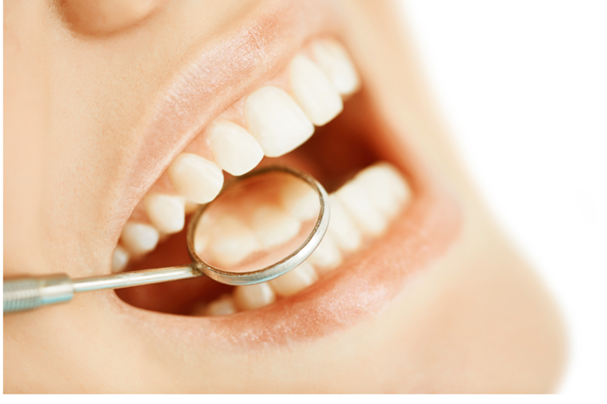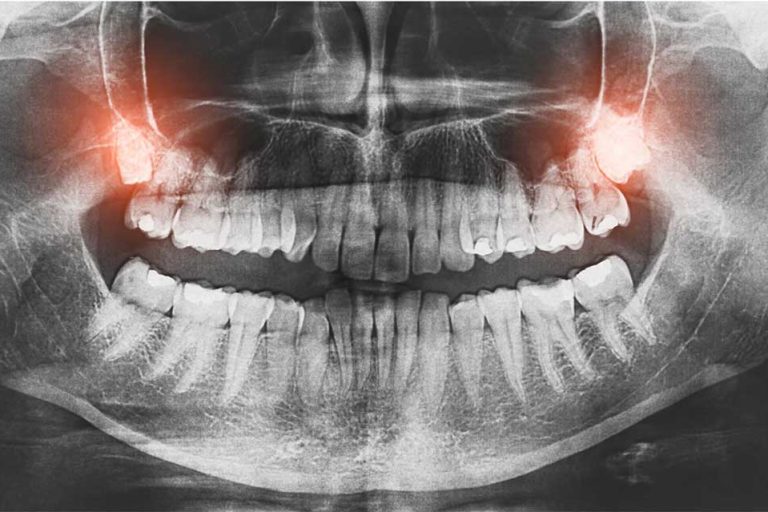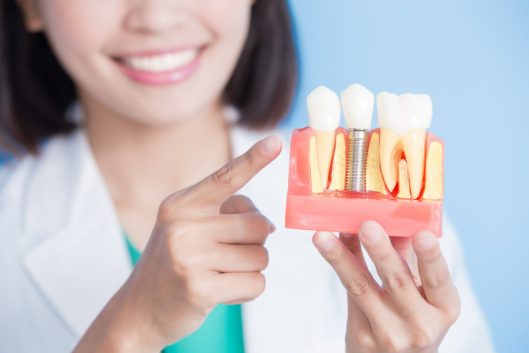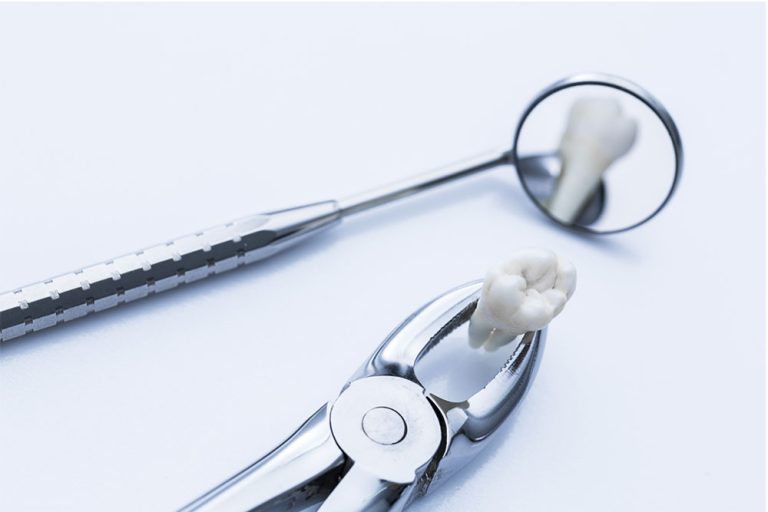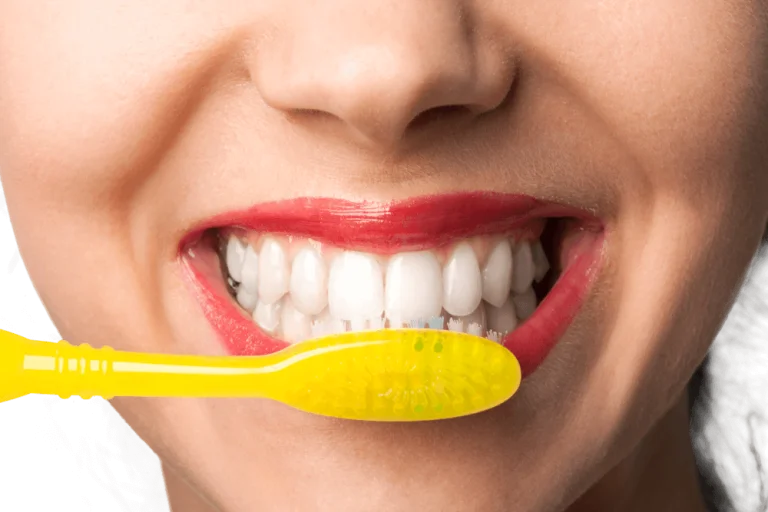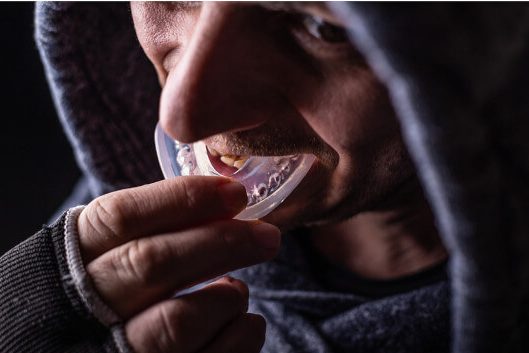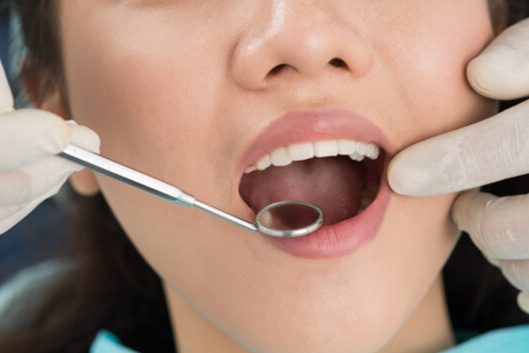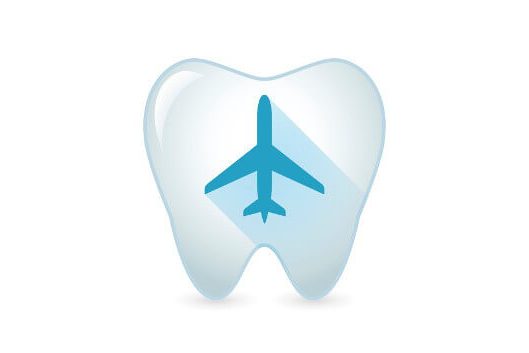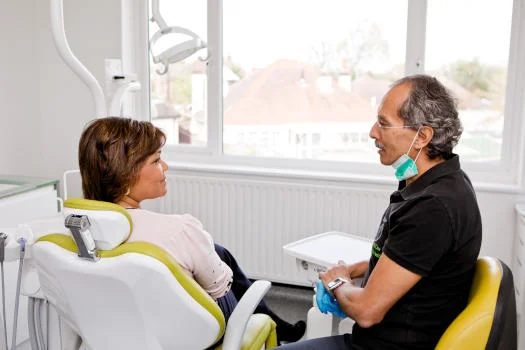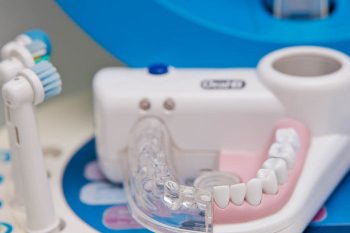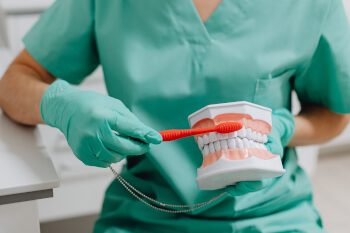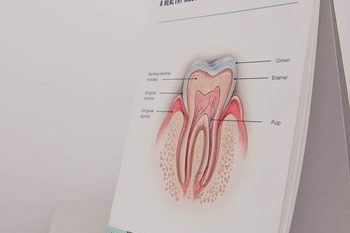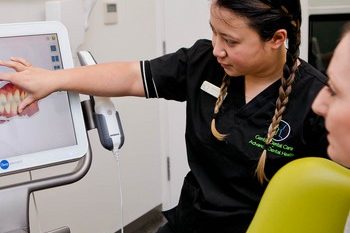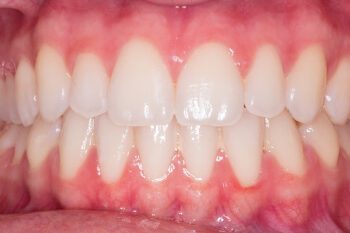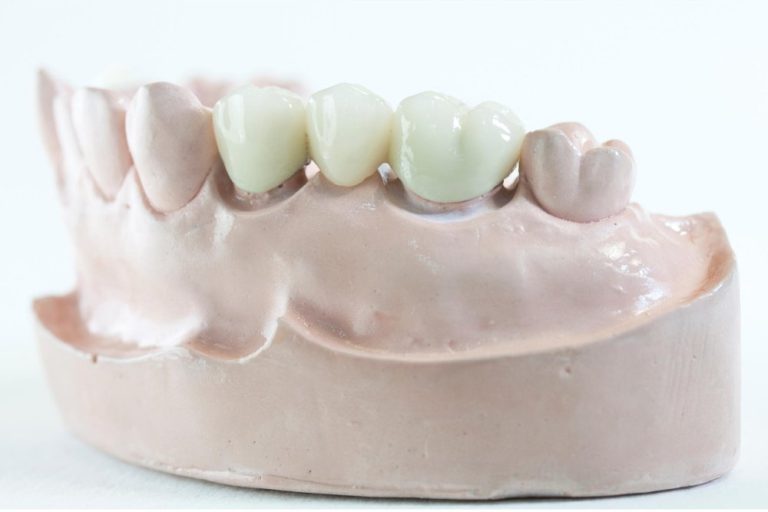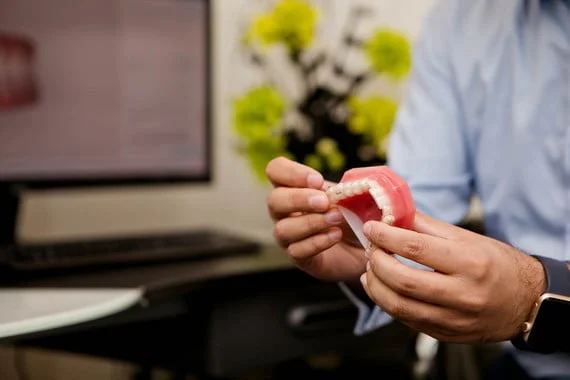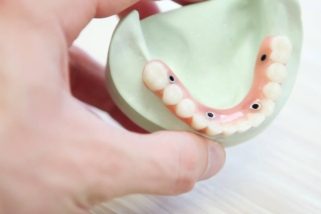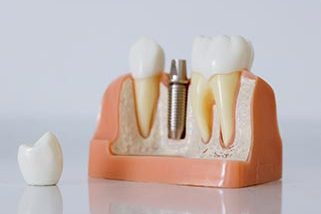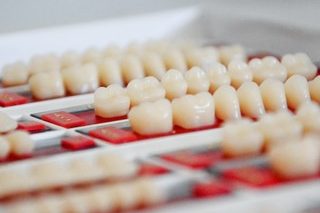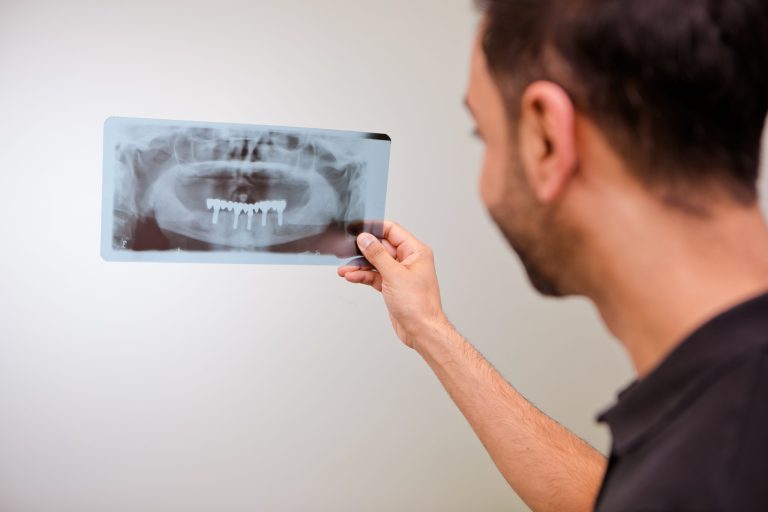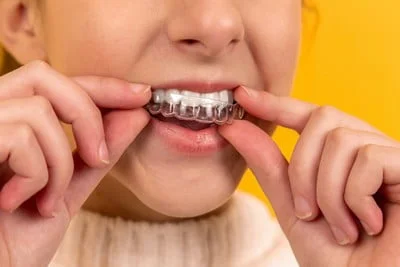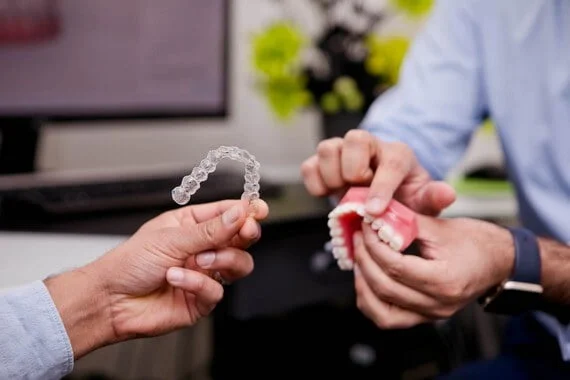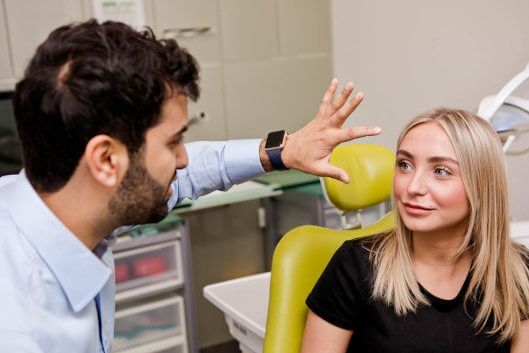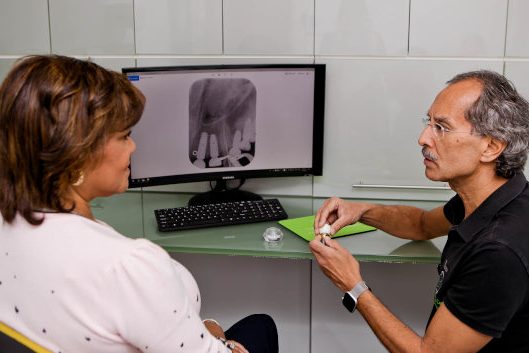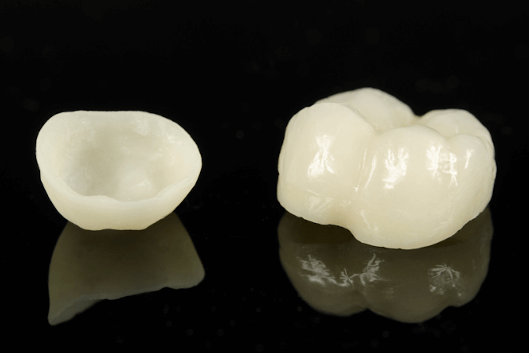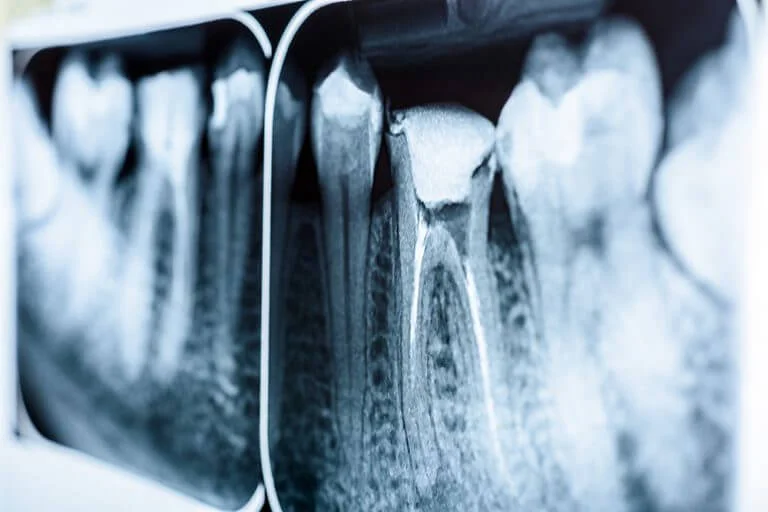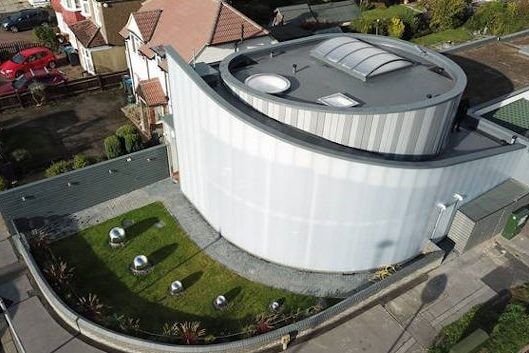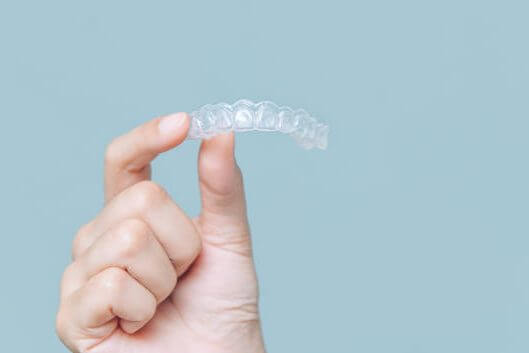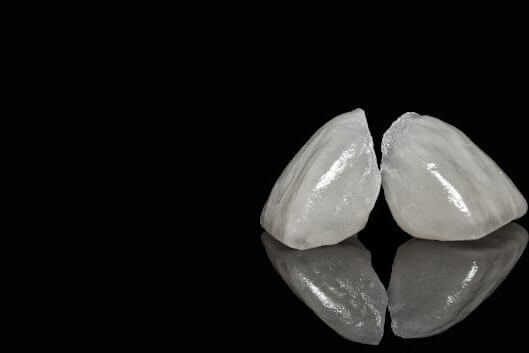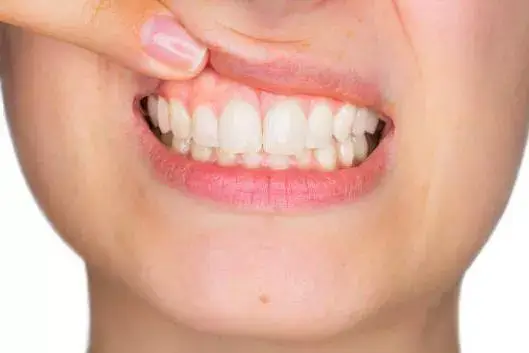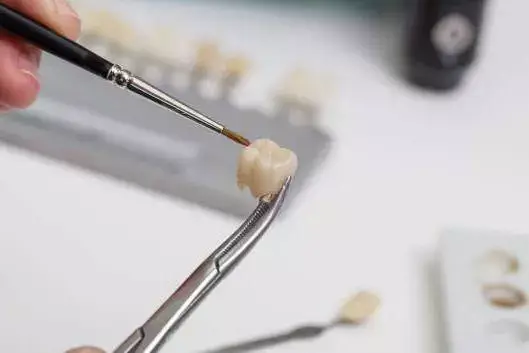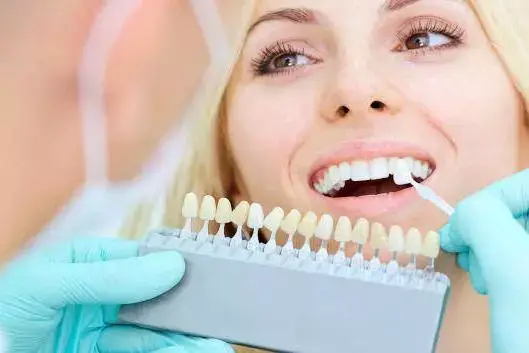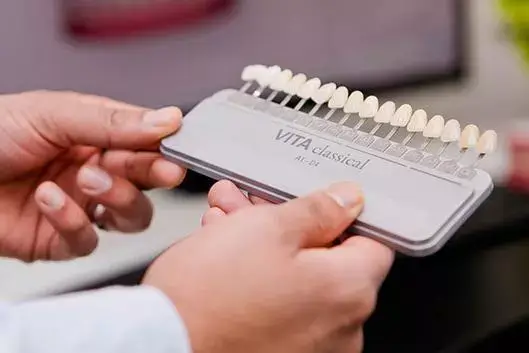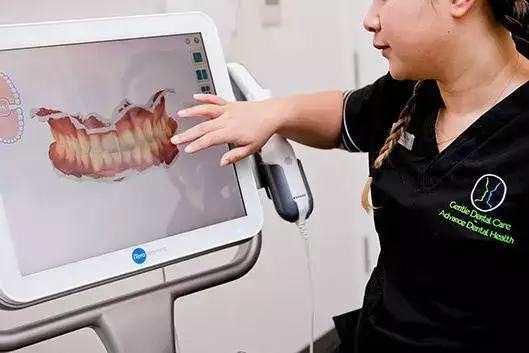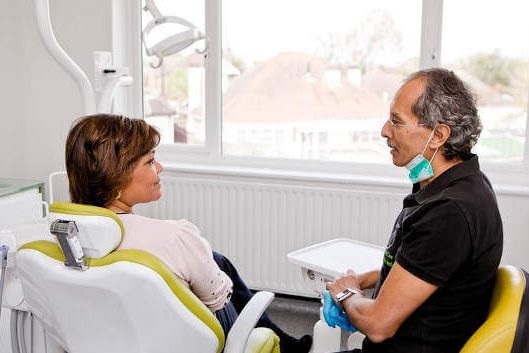Dental implants Explained
 Dental implants are the best option to replace missing or loose teeth and will achieve the best outcome.
Dental implants are the best option to replace missing or loose teeth and will achieve the best outcome.
What is a dental implant?
An implant is a medical grade titanium rod that is placed into your bone. A false tooth is then secured onto this. It’s the closest thing to nature that we have to replace a missing tooth, and it works very well.

How long do implants take?
Once you place a dental implant, you need to leave it for a period of time for the bone to fuse onto it. This normally takes around three months, however your specialist may recommend a longer period of time. Once the bone has fused it normally takes a couple of weeks to make the crown, so from start to finish, around 4 months is average.
If you have big infections, we sometimes have to remove the teeth first, allow the area to heal and then place implants. This can extend the time by around three months. Alternatively, if you need a lot of bone adding then this can increase the time by another three to six months. So all in all, complex cases can take up to 16 months, and straightforward ones can take as little as four months. On average, the process is around four to six months.
In terms of pain/discomfort – it will be sore for around three to five days. After the first week, everything pretty much goes back to normal.
How long does the actual procedure take?
In terms of the actual procedure, our highly experienced surgeons can place an implant in as little as fifteen minutes. Other parts of the appointment can add time to the procedure, e.g. explaining things to you, applying anaesthetic, ensuring the temporaries are good, etc. etc.
If you need a full mouth of implants and large amounts of bone adding, then appointments can be up to three hours.
What if I don’t have enough bone?
When teeth are lost, the body starts to break down the bone and it starts to shrink. The biggest shrinkage occurs in the first three to four months and then it slows and continues throughout life. If you leave it for a very long time, then large amounts of bone will be lost and this will need to be replaced.
Bone can be replaced fairly easily, however it does increase the costs and procedures involved. If you are worried about bone being added, don’t be. It’s a routine procedure and most of the time you won’t even know we have done anything. The bone can come from a variety of sources and your implantologist will tell you which one is best for your particular scenario. Here are the most common sources used by us:
- Human donor bone
- Bovine
- Equine
- Synthetic
- Your own bone harvested from your jaw or chin
We will always discuss this with you and recommend the best options, and if you have any preferences, we can use certain types. For example, if you were vegetarian, we could use synthetic bone.
Will it be uncomfortable to have implants? Will I experience discomfort?
During the procedure you will be completely numb so it will be comfortable for you. If you do get discomfort, then we can always apply more anaesthetic. If you are worried or anxious about the procedure, we can always offer you sedation. Read more about sedation.
After the procedure it will normally be uncomfortable for three to five days, and then this will subside. It will be nothing that paracetamol and ibuprofen won’t alleviate.
How long do implants last?
When we place implants, we only want to place them once. Implants have the highest survival rate of any tooth replacement option so it’s the most logical step to take. However, they can fail.
Studies on non-smokers show that in 15 years, 97% of dental implants placed will still be healthy. For smokers, the success rate drops to around 85%.
There are two reasons that implants fail. The first reason is what we call an early failure and it happens when the bone fails to fuse onto the implant successfully. When this happens, we replace the implant for free.
The second reason happens years down the line and it is due to neglect by the patient. If you’re not cleaning around the implant properly and not visiting the hygienist, the same bacteria that caused your teeth to fail will cause the implants to fail too. In addition, the success rate depends upon who placed them as well. If you have got a young inexperienced dentist, then the success rate will be lower. For a highly-skilled surgeon and specialist (like the ones we have!), the success rate will be good.
In addition, medical factors like poorly-controlled diabetes can affect success rates too.
So if you want to get the best survival rate for your implant, you need to do a few things:
- Cut down on the smoking (if applicable)
- Practice good homecare (which means brushing well)
- See the hygienist every three to six months
Can you get dental implants on the NHS?
Getting implants are the NHS is extremely difficult, if not impossible. At Gentle Dental Care, we have seen a couple of patients who have managed to get them, but generally they are reserved for people who have had major trauma (like losing all their teeth in a car crash), or for after cancer resective surgery that’s affected the whole jaw bone.
The problem is the NHS’s dental budget is very low and nowhere near what it should be to even take care of basic dentistry. They simply don’t have the money to pay for implants. The budget would need to be triple what it is now
Can you have implants if you have no teeth?
Yes, you can have dental implants even if you don’t have any teeth left. We place full mouth implants all the time. If are missing all your teeth in one arch (i.e. lowers) the minimum amount of implants you need is four. For some patients, we place eight.
If you want a denture that clips onto implants then you need a minimum of two in the lower and four in the upper.
What are dental implants made from?
Dental implants are made from medical grade titanium, which is completely inert, meaning it won’t react to anything. We have been placing titanium since the 50s and using it in other parts of the body before that, so it has proved to be very safe over the years.
If you are interested in replacing missing teeth with something that has a good outcome contact us now and we will be happy to walk you through what options might be available.
Call 020 3925 3846, email team@gentledentalcaregroup.co.uk or fill in our form and we will get back to you ASAP.
Call 020 3925 3846 or fill in our form to enquire about your consultation.
